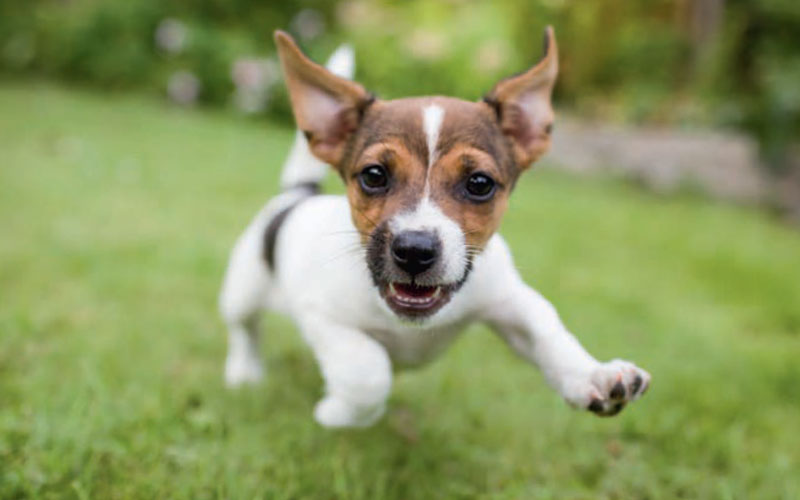Is your dog a polite pooch when meeting new people? Tim Falk investigates how you can teach your dog to give the perfect greeting.
How does your dog behave when people come to visit? Does he greet them happily but calmly, giving them a brief sniff and a friendly wag of his tail before returning to what he was doing? Or does he get overwhelmed with excitement and energy and jump all over your guests as soon as he gets the chance?
Dogs jumping up on visitors is a common complaint of dog owners. Although our pooches only have the best of intentions and simply want to say hello to some new people, jumping is not a behaviour you want to encourage. Not only can your guests end up with dirty paw prints all over their clothes, but if they’re a little timid around dogs they’re going to be completely traumatised by the experience.
Chiara Perri from Point Cook Dog Training explains that the reason our dogs get excited when they meet new people has a lot to do with us. “Dogs get excited because people do, and unless the owner teaches the dog to remain calm and to stay on its mat, it is going to be curious and want to get caught up in the hype. Dogs tend to mimic our emotions so if we are excited, they will be too,” she says.
Sometimes owners even encourage the dog to run to the door without realising they are potentially teaching a bad habit. The other issue is that when dogs are puppies, it’s oh-so-cute to be greeted by a cuddly pup — so this greeting behaviour is reinforced. Of course, once that puppy grows up, its owners might not be so happy about the excitement and the dog does not understand that.
When a puppy jumps to greet someone new, the behaviour is often reinforced because the pup gets touched by the person. “Because puppies are small, the only way they can get noticed is to jump up high. This usually attracts the attention of the visitor so the pup soon learns to jump for attention,” Chiara explains. “If the owners also allow jumping to occur, it then becomes a lifelong habit and can be very difficult to stop.” Jumping can also be self-reinforcing, meaning the dog gets enjoyment out of it even if nobody is encouraging the behaviour.
The complete article was published in PETS issue 56. Stop missing out on great content and subscribe to the magazine here.


Leave a Reply